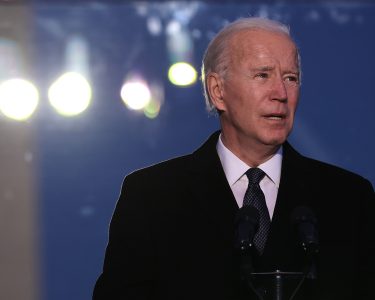Tax policy has long been a contentious issue in American politics. While taxes are necessary to fund government programs and services, the way in which taxes are collected and distributed can have significant impacts on individuals, businesses, and the overall economy. As the US continues to grapple with economic challenges, there is growing interest in the future of tax policy and how it will impact Americans in the years to come.
One of the most significant debates in tax policy is the issue of income inequality. Many economists argue that the widening gap between the wealthy and the rest of Americans is due in part to a tax system that disproportionately benefits the wealthy. To address this issue, there have been calls to increase taxes on the wealthiest Americans and corporations, in order to provide more resources for social programs and services.
Another key issue in tax policy is the taxation of multinational corporations. Many large corporations have been criticized for using offshore tax havens to avoid paying US taxes. In response, some policymakers have proposed new taxes on offshore profits and other measures to encourage companies to invest in the US and pay their fair share of taxes.
The issue of climate change has also become a key consideration in tax policy. Some policymakers have proposed a carbon tax, which would impose fees on companies that produce greenhouse gas emissions. The revenues from this tax could be used to fund investments in clean energy and other environmental initiatives.
The future of tax policy is likely to be shaped by ongoing debates and shifts in political power. As Democrats currently hold control of the White House and both chambers of Congress, there is potential for significant changes to tax policy in the coming years. Some potential changes may include:
- Increasing taxes on the wealthiest Americans: President Biden has proposed raising the top marginal tax rate for individuals earning more than $400,000 per year. This could provide additional funding for social programs and services.
- Increasing corporate taxes: President Biden has also proposed raising the corporate tax rate from 21% to 28%, which could generate significant revenue for the government.
- Expanding tax credits for low-income Americans: There has been growing support for expanding the Earned Income Tax Credit (EITC) and Child Tax Credit (CTC), which provide tax credits to low-income families.
- Implementing a carbon tax: There is growing interest in implementing a carbon tax, which could generate significant revenue and help reduce greenhouse gas emissions.
However, these proposals are likely to face significant opposition from Republicans and some business groups, who argue that higher taxes could harm economic growth and job creation. Additionally, the US has a long history of political gridlock and partisan bickering, which could hinder efforts to enact significant tax policy changes.
In conclusion, the future of tax policy in America is likely to be shaped by ongoing debates and political shifts. While there is growing support for increasing taxes on the wealthy and corporations, there are also concerns about the potential impact on economic growth and job creation. As the US continues to grapple with economic challenges and societal issues, tax policy is likely to remain a key consideration in American politics for years to come.




